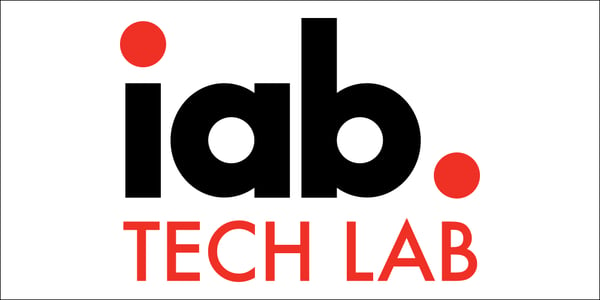
This week's review of ad fraud and quality in the digital advertising space.

"The Department of Justice hit Google with an antitrust suit [this week] over the company’s dominance in search and search advertising," reported Adweek. "The suit claims Google holds a position as 'the gatekeeper to the internet' through unlawful and anticompetitive business practices."

The IAB Tech Lab has wrapped up its CTV Ad Standards series covering privacy, brand safety, ad fraud, measurement, and more. "Due to its explosive growth and premium environment, CTV is increasingly becoming the target of fraudsters, and fraud is a challenge that needs to be addressed before it can grow into programmatic selling," wrote the IAB Tech Lab.

Google this week published the results of experiments "to test how Chrome’s Federated Learning of Cohorts (FLoC) proposal could work in practice to allow interest-based advertising to function in a more privacy conscious way and without the need for third-party cookies," Digiday reported, noting that Google says "early signs are promising."

"The ad industry is partially pinning its hopes on email as legacy identifiers get knocked off one by one," wrote AdExchanger. "But hashed IDs, including emails and phone numbers, collected elsewhere cannot be used as a replacement for app tracking on iOS 14."

In this piece, Adweek examines "Connected TV's growing but unclear role in political advertising," noting that "media owners and ad-tech companies are seeing a rise in CTV spend compared to previous election cycles of 2016 and 2018."
*By entering your email address and clicking Subscribe, you are agreeing to our Terms of Use and Privacy Policy.
These Stories on Weekly Recaps
*By entering your email address and clicking Subscribe, you are agreeing to our Terms of Use and Privacy Policy.

Disclaimer: The content of this page reflects Pixalate’s opinions with respect to the factors that Pixalate believes can be useful to the digital media industry. Any proprietary data shared is grounded in Pixalate’s proprietary technology and analytics, which Pixalate is continuously evaluating and updating. Any references to outside sources should not be construed as endorsements. Pixalate’s opinions are just that - opinion, not facts or guarantees.
Per the MRC, “'Fraud' is not intended to represent fraud as defined in various laws, statutes and ordinances or as conventionally used in U.S. Court or other legal proceedings, but rather a custom definition strictly for advertising measurement purposes. Also per the MRC, “‘Invalid Traffic’ is defined generally as traffic that does not meet certain ad serving quality or completeness criteria, or otherwise does not represent legitimate ad traffic that should be included in measurement counts. Among the reasons why ad traffic may be deemed invalid is it is a result of non-human traffic (spiders, bots, etc.), or activity designed to produce fraudulent traffic.”

